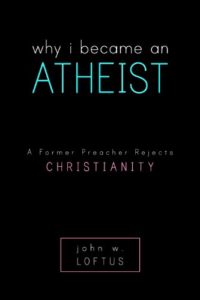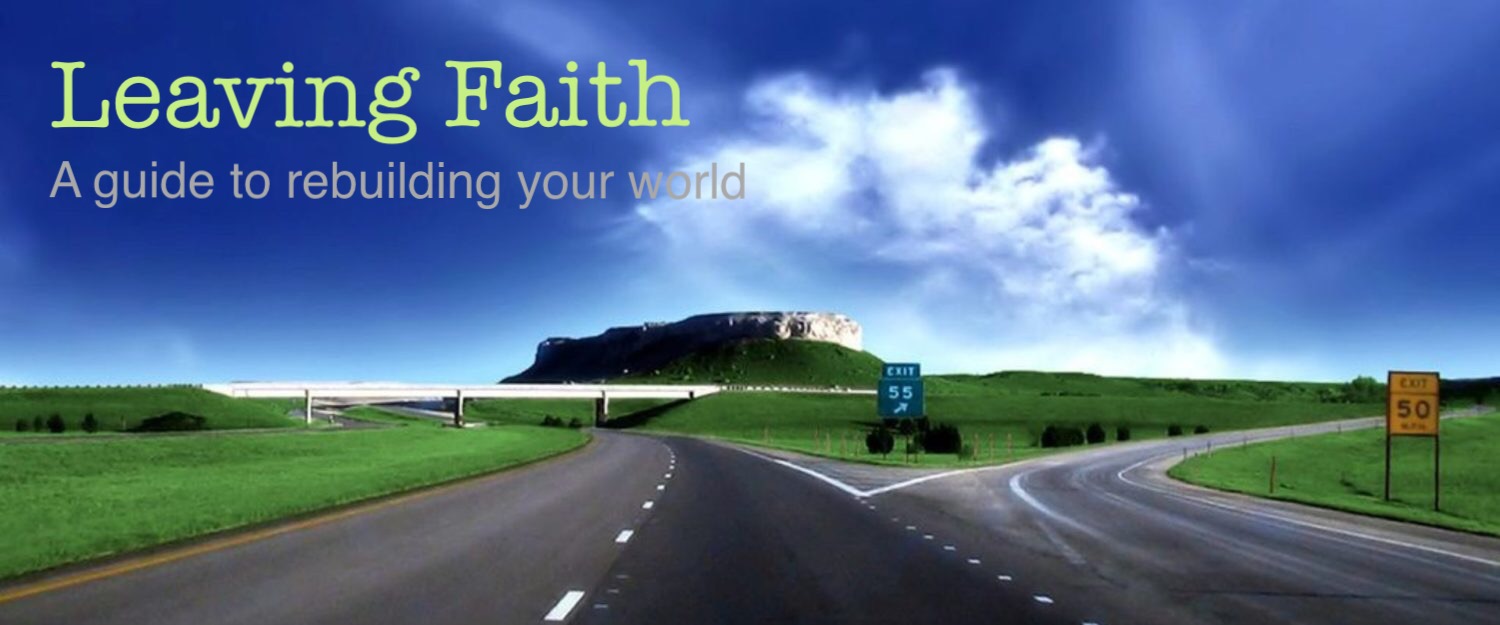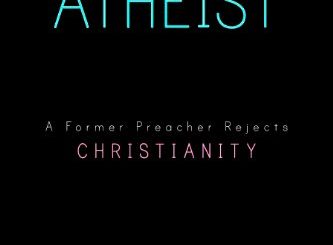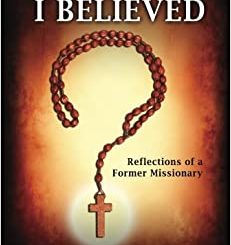Why I Became an Atheist 02 – Examine your faith
 In both the forward and introduction to John Lotus’ book, the constant theme comes through – most people haven’t examined their faith, and maybe they should.
In both the forward and introduction to John Lotus’ book, the constant theme comes through – most people haven’t examined their faith, and maybe they should.
In the Forward, Edward T. Babinski, contributor to The Christian Delusion and author of Leaving the Fold: Testimonies of Former Fundamentalists, speaks of the relief many feel when leaving faith:
Those like John who finally do climb off the Christian merry-go-round are indeed dizzy after leaving and wonder why others choose to stay. There is, after all, something to be said for self-reliance and allowing one’s inquisitive mind to ponder questions for a season, even if doubting can make one feel less secure and less ecstatic than riding the merry-go-round. At least you begin to feel more like yourself, less at the mercy of your brain, which mindlessly pops out proof-texts, or fearing hell for even spending time away from church. You begin to feel more, well, “human,” and hence begin to view others as having similar doubts and fears and also similar hopes and joys. (p. 9)
I think many people, esp. young people, DO feel a sense of relief and freedom when given the opportunity to explore life on their own terms. This doesn’t mean that their original faith was entirely false, but it means at least that part of healthy individuation is to be free from compulsion and the expectations of others in building one’ s world view.
Have you honestly questioned what you believe?
Anyway, Christian, for once in your life, you need to seriously eamine your faith. By virtue of the fact tha tyour faith is something you prefer to be true, you should subject it to a critical analysis at least once in your life. If you laid aside the fact that you think Christinaity is true and merely asked yourself if you prefer that it’s gtrue, you’ll see quite plainly that you do. How do you know you don’t believe what you prefer to be true? (p. 11)
This is a great question – but of course, we ought to ask that about all positions we are tempted to hold – do I have a motive for wanting this to be true? Do I have motives for NOT wanting something to be true? Those are great questions that we should all ask.
I hasten to add, though, that the existence of such motives is normal – trying to think independently of them is not.
Socrates is reported by Plato to have said, “the unexamined life isn’t worth living.” Maybe you have never seriously questioned the truth of what you believe. Maybe you think you’ve examined your faith, but instead of reading a book by a skeptic like me, you’ve read a book by a Christian apologist who defends your faith. (p. 11)
This is great advice for those of us who want to seriously find the truth – we should be reading the BEST of books on all sides of the questions we are asking. We must proceed with the conviction that if we honestly consider the arguments seriously, we will eventually come to an honest conviction about our own state of belief or unbelief.
The period of indecision normally lasts anywhere from a couple years to as much as a decade, but usually, a two to three year period of honest seeking can lead quickly to new or refined convictions. But rushing it won’t help. We ought to get a little comfortable with being in-between and in process.
Which version of Christianity is the most believable?
This book is my effort to critically examine biblical, conservative, evangelical, or fundamentalist Christianity. As a former evangelical myself, I had already rejected Catholic, liberal, and “cultic” versions of Christianity, and in my journey to becoming an atheist I reconsidered and then subsequently rejected liberal theology all over again. I believe evangelical Christianity has a good chance to be correct about Christianity as a whole. By rejecting it, I also reject Christianity in general. (p. 11)
It is interesting that, even before he rejected evangelicalism, he rejected the other forms of Christianity. I agree with him that atheism is more internally consistent than a liberal approach to faith, esp. in Christianity. This begs the real question – what about the one version that is most internally consistent (Evangelicalism)?
That question, of course, can wait for later. What I am really after is what led John to reject his faith. Later in this series, I’ll review an interview with him where he discusses the logical and emotional reasons that influenced his decisions.
For now, I commend John for attempting to share his story in a manner that might be accessible to people who are where he was – I’m not yet sure how successful he will be in being gracious to believers while dismembering their faith. But we’ll journey with him.



Cool. I wrote the intro to John’s book.